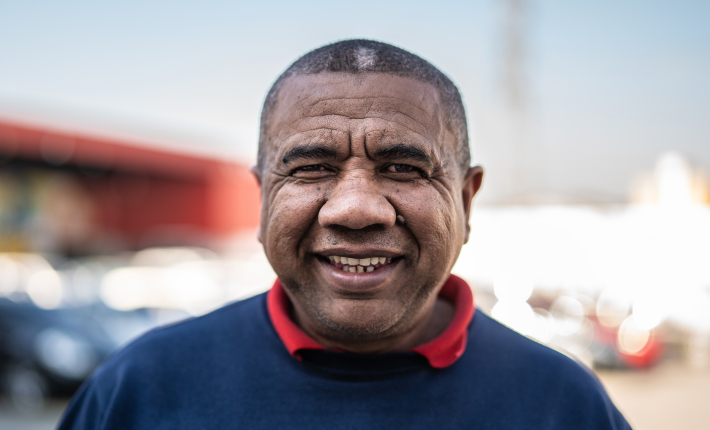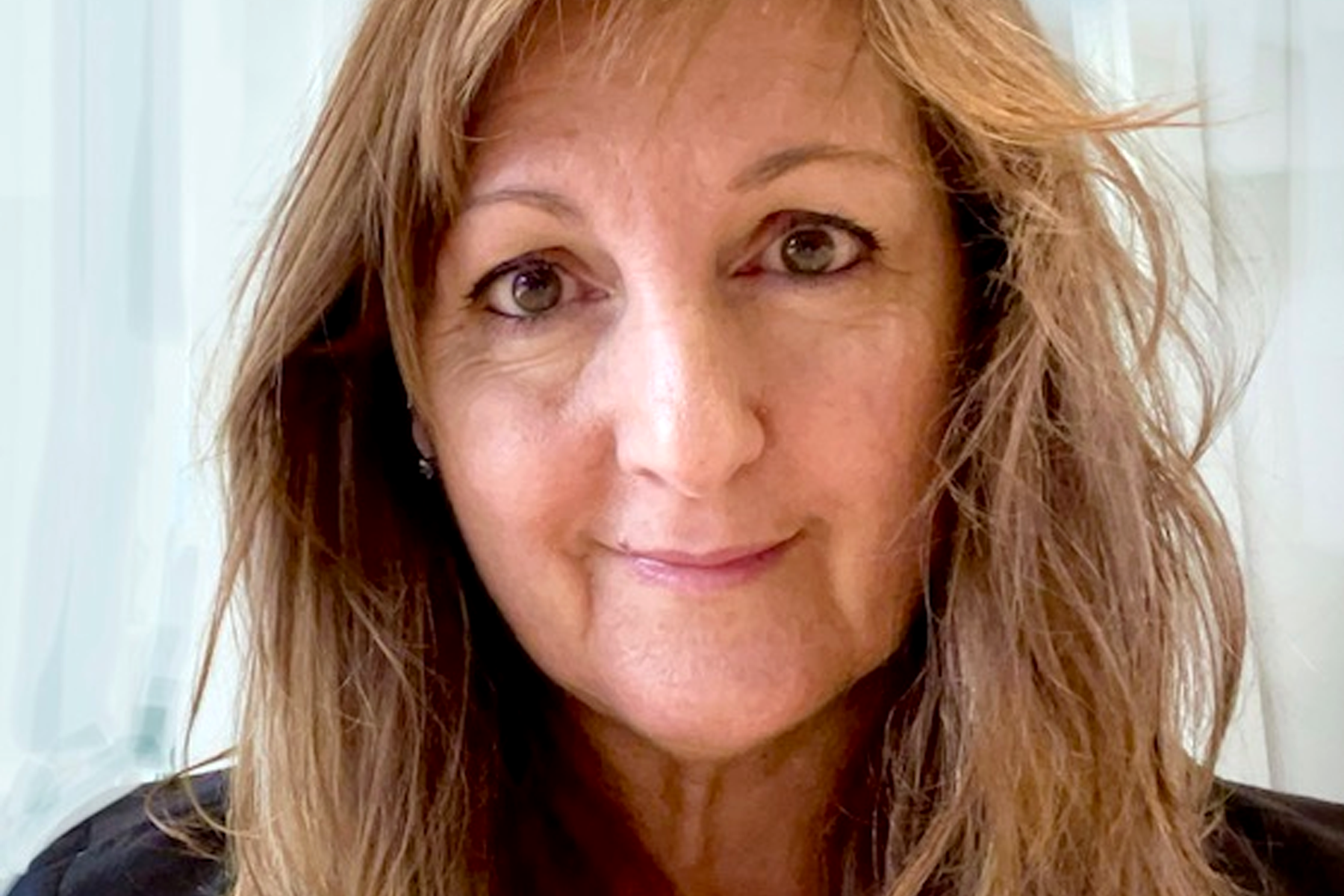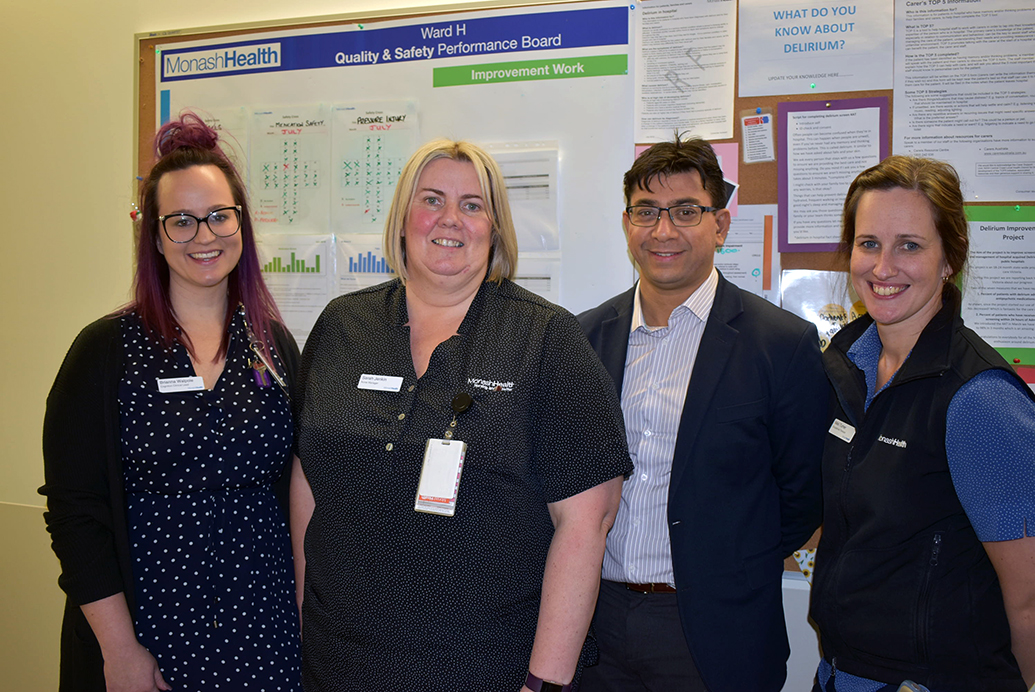Patients profile
Living to tell a great story
Published 06/04/2022
A late diagnosis of heart failure leads to two more lucky diagnoses. Read how Sue McFarlane's experience helped other members of her family.


Eleven years ago Sue McFarlane was a healthy, working, mother-of-two, in her mid-40s, with the occasional chest infection. Her condition worsened, she struggled to go about her daily work and had difficulties remembering simple phone numbers.
Her GP prescribed asthma medication and antibiotics. Sue then withstood four sleepless nights with an incessant cough before being plunged into an induced coma in hospital. Three weeks later she was discharged from hospital with a bag of medications. Reading her discharge summary, Sue was stunned to see two words – ‘heart failure’.
Cardiomyopathy
Once home from hospital, Sue was constantly afraid.
Still today I’m just so scared of ending up in hospital. Back then I was thinking ‘when’s it going to fail, when is it going to happen, is it actually going to just stop any time. And when you look up cardiomyopathy it says it can cause ‘sudden death’. I was just sitting on the chair thinking, if I move will I do something to cause my heart to stop.
A week later Sue was put in touch with a heart failure nurse.
"She was my saviour, she explained everything to me, we talked about my fears, she gave me a lot of confidence that I wasn’t going to drop dead at any minute. I could contact her any time with any questions or concerns," Sue said.
Sue has a pacemaker defibrillator which helps regulate her heart. She no longer takes any of the medications which were originally prescribed to her on discharge and sees a cardiologist once a year. She puts her good fortune down to good communication with the heart failure nurse, her medications regime and attending cardiac rehabilitation and education sessions over 18 months which boosted her understanding of her condition.
A walking timebomb
The cardiologist asked whether her siblings had had any heart trouble and suggested they all get checked. Sue’s younger sister did and was fine.
Her 36-year-old brother, a fitness buff, eventually got checked and to his shock it was discovered he had two holes in his heart, from birth. His doctor told him he was ‘a walking timebomb’ who could ‘drop dead at any time’.
"His trainer used to say to him get your heart checked your heart rate is too fast but he ignored that advice because he felt well. As a kid he knew something was wrong because when he played sport he was always the first to bomb out exhausted."
An invisible condition
Sue’s eight-year-old nephew wasn’t the most active boy and was often unwell. At one stage his chest and neck pains were diagnosed by his GP as acid reflux. Sue suggested her brother get his son’s heart checked. To his parents shock, he was found to have the same condition as his father.
"How good was that outcome, they both had surgery, both their hearts repaired," Sue said.
"You should have seen my nephew the minute he came out of surgery he flourished like a flower in bloom, he started gaining weight, looking healthy, he didn’t need the antacids because he wasn’t sick with that, it was his heart and nobody picked it up. He’s about to turn 16!
"Part of the cadets, he’s training to be a pilot with the RAAF. So out of my misfortune, once diagnosed, two other lives potentially have been saved."
Just keep walking
Sue says the damage sustained by her heart has impacted her level of fitness. She can barely manage to walk home from the supermarket and has troubles managing even the slightest incline. Her cardiologist only had one piece of advice at her recent appointment.
"The advice from her was ‘keep walking up the hill’ and ‘I’ll see you next year’."
After her remarkable journey, Sue McFarlane is now making a huge contribution as one of the consumer representatives with Safer Care Victoria’s Heart Failure Collaborative. She takes part in weekly meetings, learning sessions and the Expert Working Group.
Her lived experience is invaluable for the health services and clinicians who are all part of the collaborative.
"I feel that the whole team have a lot of regard and a lot of respect for the consumer voice. I feel I’m being listened to," said Sue.
"My position with the heart failure collaborative has given me the opportunity to add value to the project by providing input from my own experience and journey.
"When I have something to say they listen, they make you feel you are worthy."
Sue says navigating the language of hospitals and understanding who’s who are major challenges for patients, many of whom have English as a second language.
She also volunteers at the Royal Melbourne Hospital helping support patients on the cardiac ward to understand what’s going on around them and what lies ahead by way of recovery.



